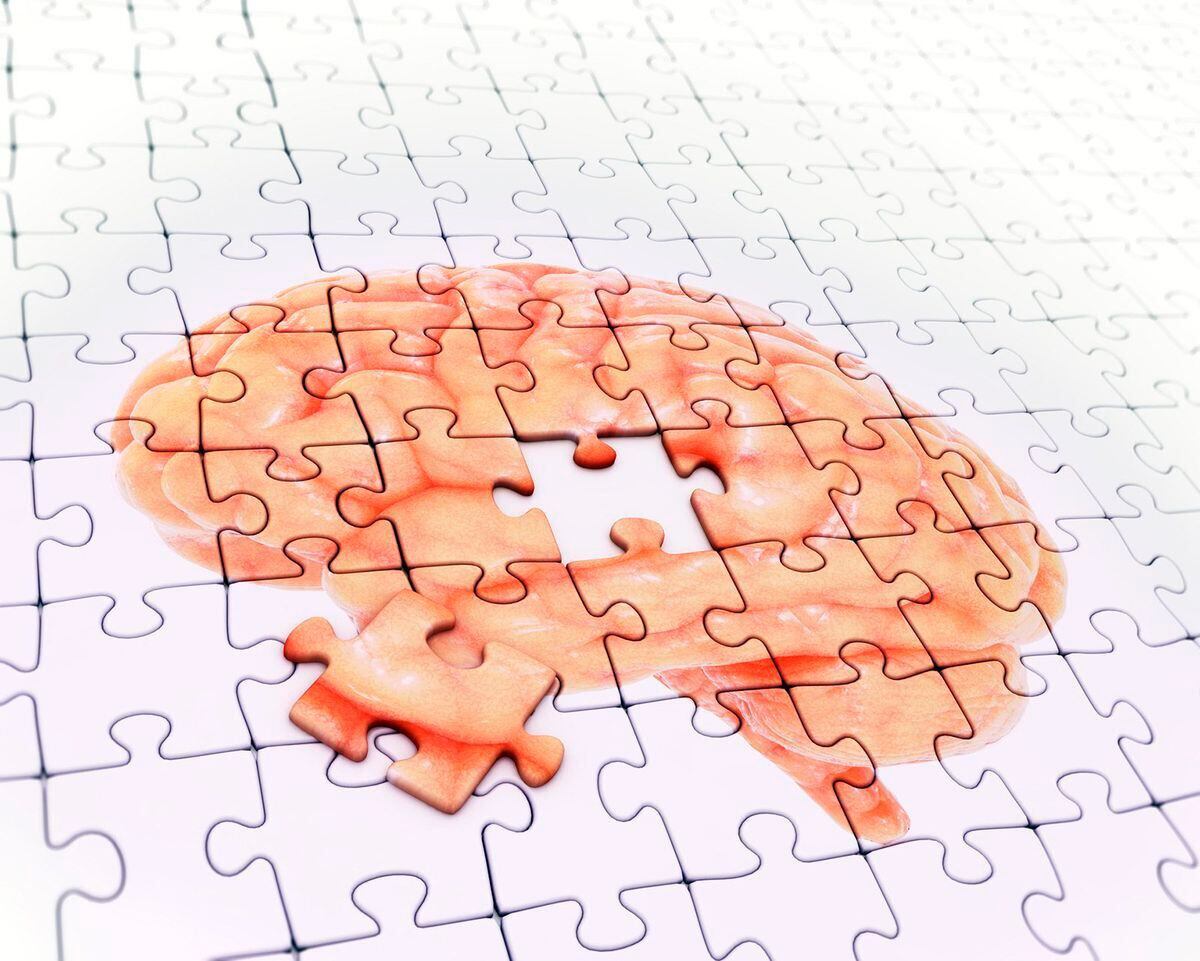
These days, it seems like having a growth mind-set is de rigueur.
Chances are you’ve been urged to adopt a growth mind-set or to pass one along to your kids. The idea of growth mind-set has gone viral.
A growth mind-set about intelligence is the belief that your intellectual abilities can develop. The opposite — a fixed mind-set — is believing that you can’t really get any smarter than you are right now.
As a neurobiology major in college, I was taught that our brains didn’t change much after early childhood.
But more recently, neuroscientists have discovered that the brain is plastic at every stage of life. While kids’ brains change more readily than, say, their middle-aged parents, there is never a day when the neural structures that enable us to think, reason, and make sense of the world are totally fixed.
What’s more, structural changes aren’t the only way our intellectual abilities can grow. At any age, we can learn new strategies and develop healthy habits — and these improvements in our “neural software” don’t require changes in our “neural hardware.”
Not only is a growth mind-set a more accurate view of human nature, it’s also adaptive. For instance, a growth mind-set inclines you to embrace challenges as opportunities to develop your abilities. And after you make a mistake, it helps you look for lessons rather than protect your ego.
For parents …
Try reading our new Growth Mind-set playbook at characterlab.org to learn more. And to go further, get Carol Dweck’s classic book, Mind-set. Nearly every athletic coach, school superintendent, and CEO I know has a dog-eared copy — and so do I.
For educators …
Try the growth mind-set curriculum, again at characterlab.org, developed especially for adolescents. In a recent nationally representative study, high school students who completed a similar activity at the beginning of the school year earned higher report card grades. The benefits were greatest in school cultures where seeking challenge was the norm. So plant the seed of growth mind-set, but remember, too, to till the soil of school culture.
Angela Duckworth is cofounder and CEO of Character Lab and a psychology professor at the University of Pennsylvania. You can sign up to receive her Tip of the Week — actionable advice about the science of character — at characterlab.org.
"brain" - Google News
January 12, 2020 at 02:03AM
https://ift.tt/35KolQc
How to keep your brain in learning mode long after childhood - The Philadelphia Inquirer
"brain" - Google News
https://ift.tt/2W2PMS9
Shoes Man Tutorial
Pos News Update
Meme Update
Korean Entertainment News
Japan News Update
No comments:
Post a Comment